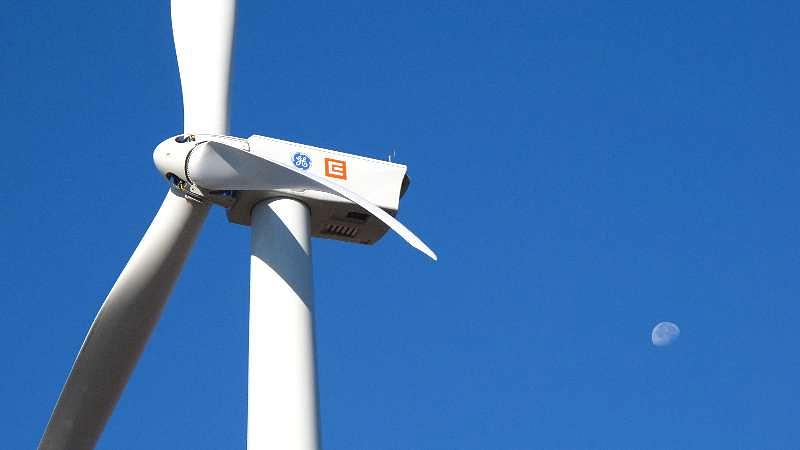CEZ drops plans for wind energy expansion in Romania following reduction in green incentives



Czech energy company CEZ has announced that it will not expand in Romania, concentrating instead on Poland. The decision comes following the announcement from Romania's energy authority (ANRE) of a decrease in the number of green certificates to be awarded renewable energy projects.
“Further expansion in Romania was still at the hypothetical stage, and now we’ve decided to focus on the Polish market instead,” a representative of CEZ told news organization Bloomberg.
ANRE recommended cuts in the incentives given for renewable energy projects and the government approved the recommendations last week. Markus Vrieling, chief executive officer of RESbroker International, a wind and solar project broker, told Bloomberg that Romania had lost credibility and that several of his company's clients had put investments on hold.
The CEZ wind farm project at Fantanele/Cogealac in the Dobrogea region is reportedly the largest onshore wind project in Europe, with a capacity of 600 MW. The company had been considering further investments in Romania and held talks with the Romanian over future wind projects, according to Bloomberg. CEZ previously announced a cut from an originally planned extra 1,000 MW of wind energy projects in Romania to 300 MW due to uncertainty over government policy and funding needs, Bloomberg also reports.
Investors are being overcompensated in Romania by the green certificates scheme for renewable energy projects, according to the country’s energy authority ANRE. Following a review of the compensation granted renewable energy investors, ANRE deemed the returns as too high and recommended a reduction in the number of green certificates issued per project. The Romanian government then approved ANRE’s recommendations.
ANRE is charged with ensuring that the rates of return from energy projects are maintained at constant levels. But the energy authority’s review found that returns are significantly higher than the reference level and as a result has recommended a reduction in the incentive given.
New wind installations currently receive two green certificates per installed MW/h, but ANRE recommends that the rate should be reduced to 1.5 certificates. New small hydro plants (less than or equal to 10MW) would get 2.3 certificates under the new proposal, down from three green certificates, while the biggest cut is proposed for solar energy – down to three certificates from the current six awarded per MW/h. If adopted, the cuts would apply to all new projects.
The extremely favorable investment climate for renewable energy has brought a huge surge in projects, with wind capacity doubling and doubling again over the last two years. However, the incentive scheme has been criticized for being excessively generous, although the original plans did receive European Commission approval.
editor@romania-insider.com